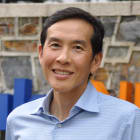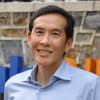commentary Commentary
Commentary: Not enough time? Transforming work and sleeping better in a digital world
Transforming current work and study habits to allow for more sleep and more efficient time use will result in better cognitive performance, wellbeing and health, says Yong Loo Lin School of Medicine’s Michael Chee.
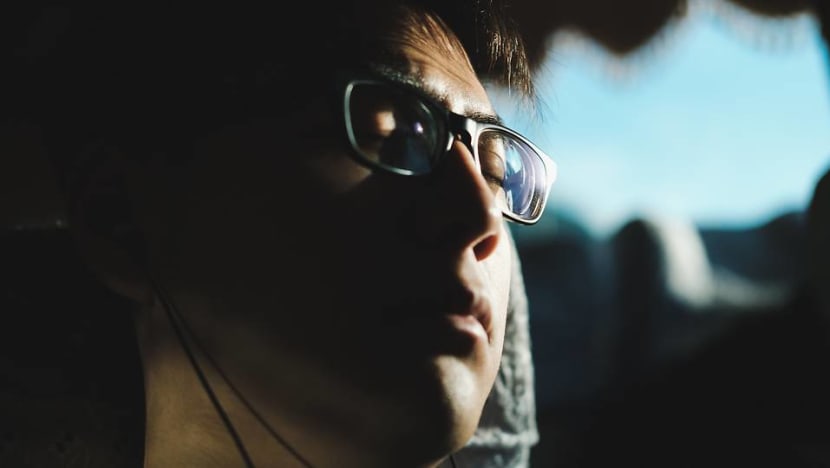
A man asleep on the bus. (Photo: Unsplash)
SINGAPORE: Time is the most valuable resource we have.
Nobody seems to have enough of it and “digitally charged” lifestyles increasingly take time away from sleep and recreation.
Paradoxically, the yearning to get more out of life, and feeling bad if one is not constantly online, in touch and experiencing things, results in the degradation of the very life we seek to enhance.
A well-known bank has long boasted it never sleeps. Their ATMs may not, but living things do and sacrificing sleep comes with personal and community costs.
READ: Commentary: A necessity Singaporeans cannot afford – more sleep
Parents who fail to adopt good sleep habits are likely to transmit their behaviors to their children. When this pattern is propagated across communities and social networks, whole countries are put at risk.
According to the Rand Corporation, developed economies could suffer a loss of 2 to 3 per cent of their annual GDP as a result of insufficient sleep.
In the short term, sleep loss decreases cognitive performance, makes us moody and is associated with feelings of tiredness.
In the longer term, not sleeping adequately puts ourselves at risk of diabetes, heart attacks, stroke, early cognitive decline, dementia, some types of cancer, mental illness, accidents, lowered productivity and presenteeism.
THE NEED FOR SLEEP CANNOT BE SIMPLY ‘ADAPTED AWAY’
Research conducted by my group has shown that on average, from late adolescence to old age, East Asians wearing sleep trackers sleep between 25 to 65 minutes less than their counterparts in Australia and New Zealand.
The differences are most prominent when comparing older adolescents and young adults, likely reflecting the influence of lifestyle differences across countries, particularly in the young.
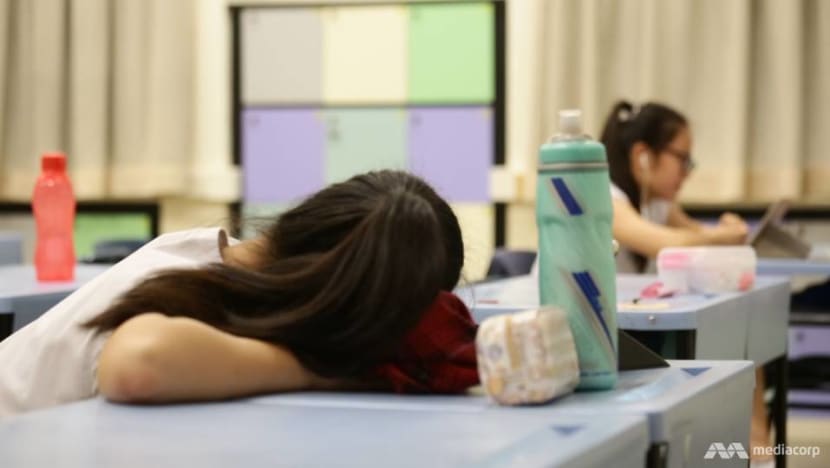
READ: Commentary: Starting school later is key to solving sleep problem faced by Singapore students
Could young Asians have adapted to short sleep? In a series of studies my group found that even highly motivated adolescents show cumulative decline in sustained attention if they have only 6.5 hours to sleep at night for five nights in a row.
This 6.5 hours of nocturnal sleep is below what is recommended (of eight to 10 hours, with seven hours being possibly adequate) but is the duration the average Singaporean adolescent reports sleeping on weekdays.
Memory encoding and mood are also impaired with sleep restriction. At five hours of sleep a night for five consecutive nights, the negative effects on vigilance were even stronger.
Bottom line? Asians haven’t adapted to short sleep.
Only 1 to 3 per cent of the population can get by with five hours of sleep a night on a sustained basis, so for every 100 who think they can flourish with this amount of sleep, more than 95 cannot.
READ: Commentary: Sleeping more is essential to performing well at work and school
Some will point out that in terms of life expectancy, we aren’t faring badly. However, this could be because long-term effects have not had time to fully manifest.
Gains made through improved medical care and reduction in infectious diseases are being eroded by lifestyle health risk factors. A clear sign of concern is that while life span has increased, the number of disease-free years – “health span” has not grown as much, and this is proving extremely costly.
It is undeniable that the prevalence of obesity and diabetes has increased dramatically in East Asia and projected to grow more.
While dietary changes and reduced physical activity play a part, the contribution of poor sleep to increasing the risk of diabetes has been insufficiently acknowledged.
The same can be said of cognitive decline in older people where new epidemiological and experimental studies both indicate that disrupted sleep is a risk factor for dementia that merits attention.
READ: Commentary: Sleep, not bad posture, explains neck pain
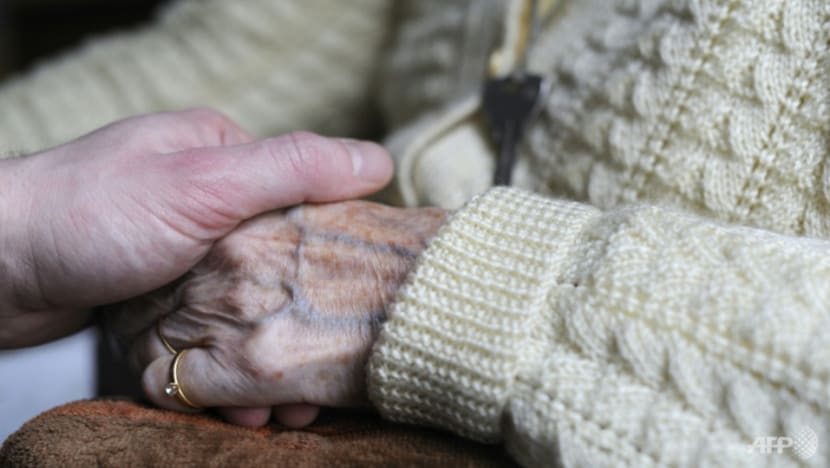
Professional athletes are recognising the importance of sleep as a contributor to peak performance and speaking out about its benefits.
Sleep is entering the conversation in homes and corporate wellness programmes. What can the average person do to improve sleep and wellbeing? Here are five action points to ponder.
TIP #1: SLEEP EARLIER
People in East Asia sleep less on weekday nights compared to Westerners primarily because we go to bed late.
Homework is a significant cause of late bedtimes for students and while this needs to be addressed by educators and policy makers, students themselves have control what they do in-between homework. Research has shown that academically stronger students sleep earlier and get more sleep.
More working adults are bringing work home with constant connectivity blurring the boundary between home and office.
This too has to be dealt with at a societal and corporate level but if individuals collectively resist or curtail their own after-office work commitments, things will start moving along.
READ: Commentary: Sleepless in Singapore? Let’s address our bedroom epidemic
TIP #2: BE MINDFUL OF YOUR INTERNET HABITS
Explosive growth in smartphone use has been accompanied by a massive increase in the number of people who feel compelled to constantly stay online.
The convergence of entertainment, communication and work-related channels on mobile devices has blurred the boundaries between different social functions.
Hanging around online, constantly checking one’s phone insidiously steals time from sleep, face-to-face communication and is altering society in an unhealthy manner that should not go unchecked.
Supporting the notion that giving in to digital temptations, erodes sleep, a recent study conducted in Germany found that people living in regions where broadband internet services had 25 minutes less nocturnal sleep than those in regions without access.
Governments should consider imposing a fee for late night internet use. The UK has a green paper on getting Google and Facebook to pay for measures to reduce cyberbullying and online abuse.
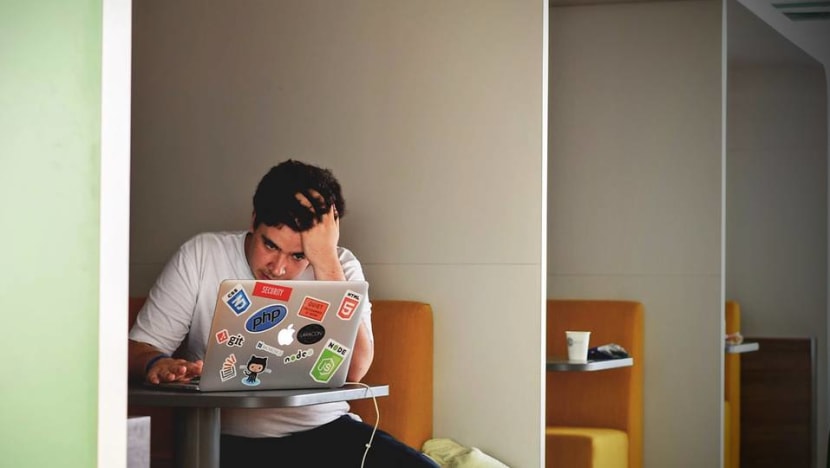
TIP #3: HAVE A WIND DOWN ROUTINE BEFORE YOU GO TO BED
An overactive mental state works against falling asleep. When one is still young and sleep signals are strong, mental hyperactivity may not hinder sleep.
However, by mid-life, many will encounter difficulty initiating sleep if they do not make an effort to disengage themselves from their worldly cares before bedtime.
What one finds relaxing or enjoyable prior to bedtime will vary from person to person as does the time required to wind down. The key is to ringfence pre-sleep downtime and stick to that resolution.
TIP #4: WORK INTENSELY BUT GIVE YOURSELF DOWN TIME
High-intensity interval training has gained many adherents because the cycling between intense physical work and recovery brings on physiological changes that produce visible results with relatively short training durations.
If we took this same approach to work or study, we will likely get what we need done and still have time to enjoy leisure and to sleep better.
Like an athlete whose performance declines with over-training, people who do not get enough good quality sleep will burnout, and may experience reduced willingness to exert mental effort.
Sleepy, tired people are likely to defer important tasks till they feel better. This could in turn result in staying up later. If this cycle is not broken, not only will productivity be reduced, a person’s expectation of what they are capable of could diminish.
When sleep deprived and fatigued, positive mood declines. Harmless slips made by others can be perceived as deliberate slights and the significance of minor mistakes may be unreasonably amplified.
It is a myth that productive people must deny themselves adequate rest. Tobi Lutke, the CEO of Shopify, a successful e-commerce company works mainly regular hours and claims not to have ever worked through a night while setting up his multi-billion dollar company.
Unlike the heart that must beat constantly, the brain needs sleep to function optimally and clear its waste. The occasional all-night stint or even a week of long work hours may be tolerable but chronic overwork is associated with an increased risk of stroke and heart attacks.
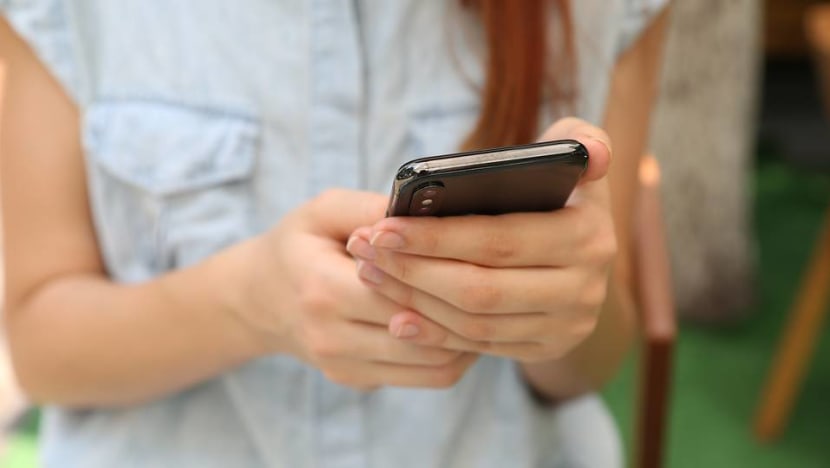
Workers in China are pushing back against the “996” work week and research from Stanford University suggests that productivity drops sharply when work time exceeds 50 hours a week.
TIP #5: RETHINKING WORK, STUDY AND PLAY TO AVOID DROWNING BY DATA
Optimising how information is collected and used is a major area where time can be re-purposed and reclaimed. Tapping on readily available, curated data repositories instead of employing elaborate agency-specific forms can save everyone hours.
Going to the ground to meet people, collect valuable contextual information, give feedback and build relationships, is superior to appraising pro-forma key performance indicator filled reports read from a distance.
Reports and presentations themselves have grown in volume and complexity owing to the profusion of information sources as well the misplaced belief that more intense performance monitoring is a benefit.
In reality, many decision-makers are already overloaded with information and do not spend enough time critically appraising and acting on what they are being presented with.
Shifting our focus to thinking of how to communicate more effectively with fewer points, instead of seeking to impress by being prolific, is a change many managers and decision makers need to embrace and transmit to their teams.
READ: Commentary: Does waking at 5am really help you get ahead in life?

SGX’s recent scrapping of quarterly business reports for companies, for example, could free up time to pursue the company’s objectives.
Habits that mark conscientiousness and drive, which are important for success can become limiting if taken too far.
Needing to win at every contest, constantly make clever comments and having one’s team score winners without a letdown, will wear down both individuals and their teams. Life is not an idealised Instagram post.
“Winning all the time” starts from being immersed in a school culture where students are made to feel they are failures if they don’t constantly achieve perfect or near-perfect scores in homework, tests and exams.
READ: Commentary: Always tired yet can’t fall asleep? It’s a wake-up call to sleep better
Tracking performance has its uses but always requiring results to validate one’s self-worth, be it at school, on social media, in-person or by proxy through parents is unhealthy and robs our young of their childhood.
Time for play and self-discovery are important if we are to harness the opportunities improved access to knowledge and skills present.
People need sleep as well as time to play, to reflect and to ponder how to adapt and help others adapt to a complex, constantly changing world.
Both leaders and ordinary citizens need to play a part in recovering time that has been lost and which can be repurposed to improve health, mental well-being and performance.
Prof Michael Chee leads the Centre for Sleep and Cognition at the Yong Loo Lin School of Medicine, National University of Singapore and has a long affiliation with Duke-NUS Medical School. He also consults for AIA-Vitality’ sleep programme.
In March 2020, the inaugural CNA Digital Economy Leadership Summit 2020 will bring together some 200 key decision makers from Government, diplomatic circles and the private sector from around Asia, to explore key issues that include: How to grow and innovate in a digital economy, as well as how to manage talent and ensure sustainability in the digital economy.
More details are available at: cna.asia/leadership-summit








